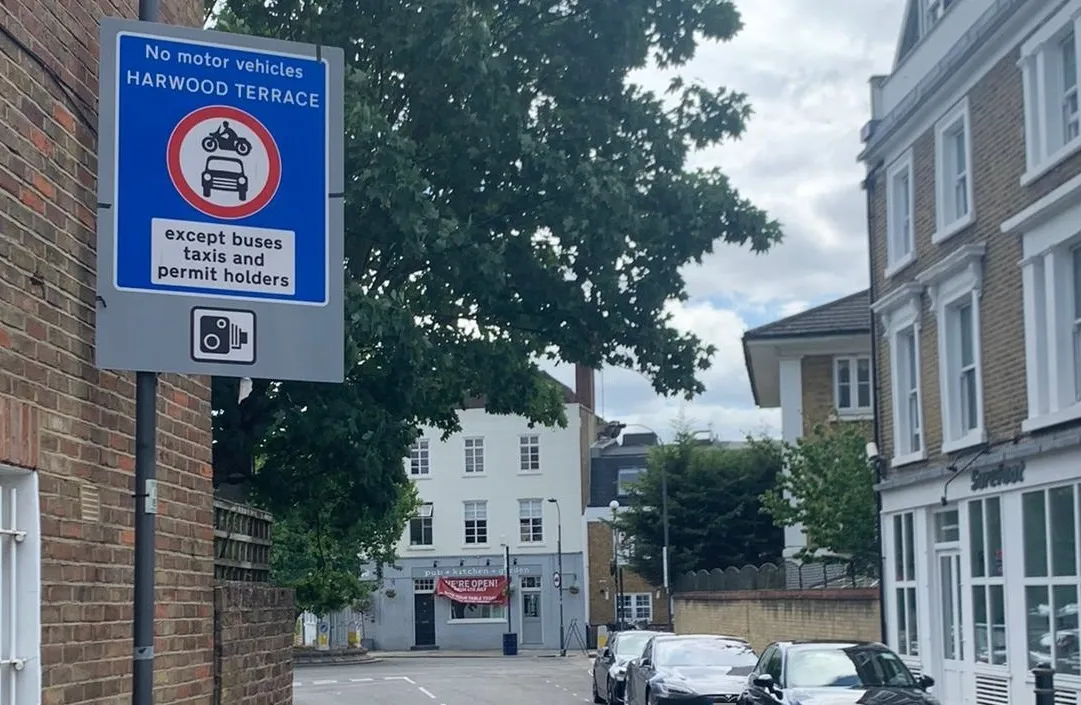Awarded to
During the timeframe of the contracts, TfL will carry out a range of works to improve traffic signals across London, including: A new ‘gold standard’ for all new and upgraded pedestrian crossings including Pedestrian Countdown timers; TfL will also expand the use of Pedestrian Countdown across all 33 London boroughs in the coming years; Continuing the roll-out of energy efficient light emitting diode (LED) traffic lights across London; Accelerating the installation of pedestrian and cycle improvement schemes, such as low level cycle signals, at key junctions across London and completion of the roll-out of audible alerts or tactile rotating cones for visually impaired pedestrians at all pedestrian crossings by 2016; Expanding the use of innovative Split Cycle Off-set Optimisation Technique (SCOOT) technology across London, from half of all signals to three quarters of all signals by the end of 2018. On average, installing SCOOT at a junction reduces traffic disruption by between 8 and 12 per cent.
The new contracts will also deliver a range of benefits to London in addition to better traffic signals. All vehicles working on the contracts will need to be Euro-5 compliant and signed up to the Fleet Operator Recognition Scheme, helping to reduce associated pollution and reduce the risk of collisions involving pedestrians and cyclists. The contracts will ensure all employees are given at least the London Living Wage, create over 100 apprentice positions across London and encourage contractors to offer work placements to help ex-Armed Forces members - who may be wounded, injured or sick - back into employment.
Dana Skelley, Director of Asset Management at TfL, said: “London is world-leading when it comes to traffic signals management and these new contracts will allow us to continue this well into the future. By entering into competitive dialogue with the bidders we have been able to deliver huge savings for London, which can be reinvested back into delivering further improvements for all road users.”
Contracts awarded for London’s traffic signals upgrade
Transport for London (TfL) has awarded new traffic signals maintenance contracts, worth around US$542 million for up to eight years, which will see the capital’s 6,000 traffic signals upgraded and maintained to the latest, greenest standards.
Awarded to Telent Technology Services for west and south-west London, Siemens for north and north-west London and Cubic Transportation Systems for south-east London, the new Traffic Control Management Services contracts will help expand the use of intelligent traf
July 18, 2014
Read time: 3 mins








